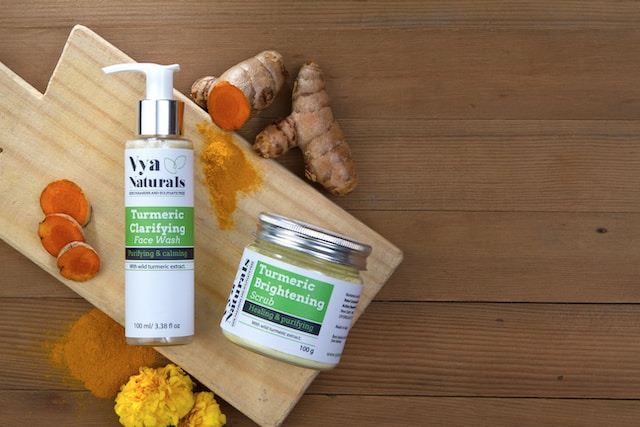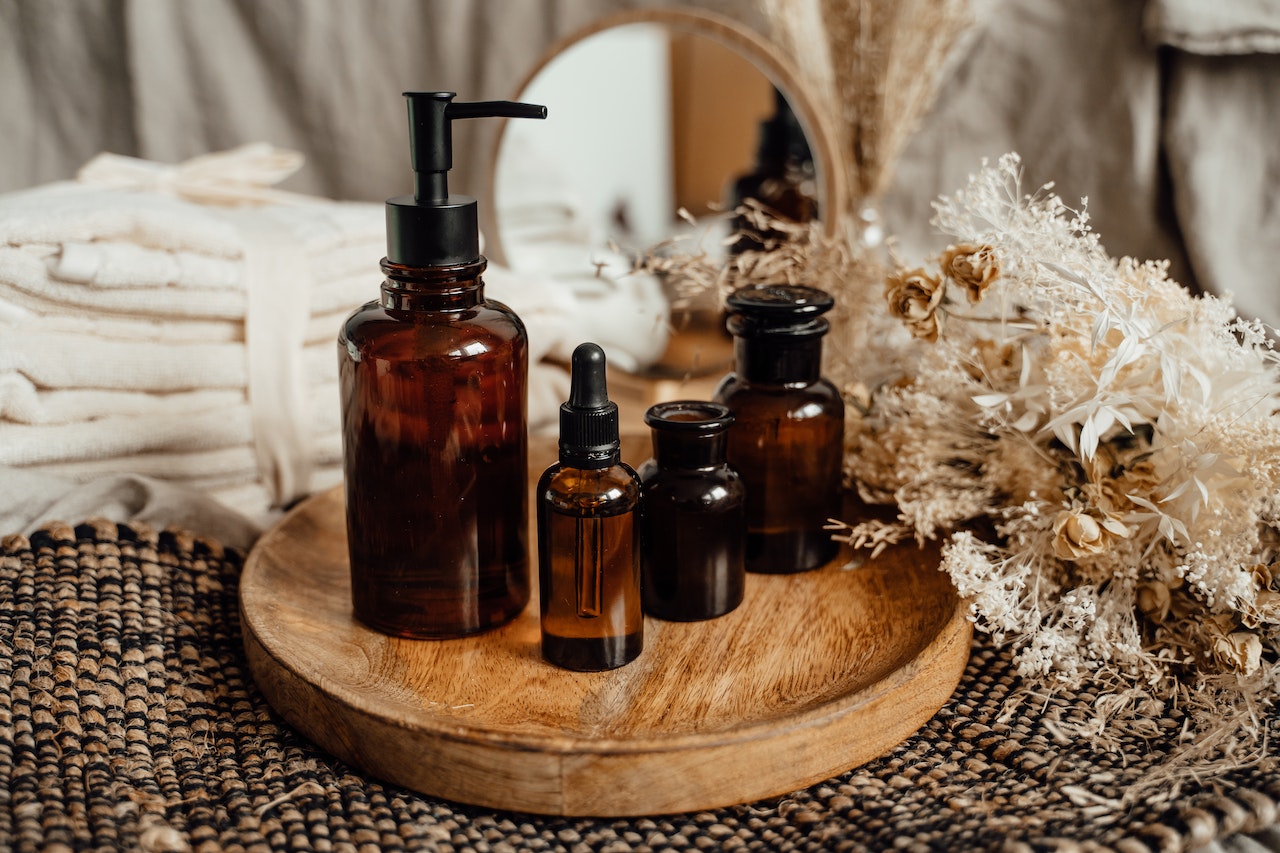Surprisingly Harmful Chemicals in Skincare Products Our Skin May Often Absorb
Are you aware of the harmful chemicals lurking in your skincare products? It’s time to peel back the layers and uncover the shocking truth. Our skin, our largest organ, has a remarkable ability to absorb what we put on it. If you don’t choose zero waste skincare products, you should be very aware of the dangers they pose. Learn more about it in the article “How to go zero waste with your skincare — and get more glowing than ever!”
While we may be diligent about maintaining a healthy lifestyle, unknowingly exposing ourselves to toxic ingredients can sabotage our efforts. So read on. We’ll be shining a light on some surprisingly harmful chemicals found in common skincare products that seep into our skin and explore safer alternatives for radiant and truly healthy skin.
Parabens
 Let’s start by delving into parabens. These synthetic preservatives are widely used in skincare and beauty products to cancel the growth of bacteria and extend shelf life. While they may seem harmless, studies have raised concerns about their potential risks. Parabens have been found to mimic estrogen in the body, disrupting hormone function. This can lead to hormonal imbalances and has even been linked to breast cancer development. Fortunately, there are alternatives available! Look for skincare products that use natural preservatives, such as grapefruit seed extract or rosemary oil. These ingredients not only serve as effective antimicrobial agents but also offer additional benefits for your skin.
Let’s start by delving into parabens. These synthetic preservatives are widely used in skincare and beauty products to cancel the growth of bacteria and extend shelf life. While they may seem harmless, studies have raised concerns about their potential risks. Parabens have been found to mimic estrogen in the body, disrupting hormone function. This can lead to hormonal imbalances and has even been linked to breast cancer development. Fortunately, there are alternatives available! Look for skincare products that use natural preservatives, such as grapefruit seed extract or rosemary oil. These ingredients not only serve as effective antimicrobial agents but also offer additional benefits for your skin.
Petroleum Jelly
Petroleum jelly, also known as petrolatum, is a common ingredient found in many skincare products. It has been used for years as a moisturizer and barrier on the skin. However, there are some surprising harmful effects that can occur when our skin absorbs this substance. One of the main concerns with petroleum jelly is its potential to clog pores. When applied to the skin, it forms a thick layer that can trap dirt and bacteria, leading to breakouts and acne. This occlusive nature of petroleum jelly can also prevent the skin from breathing properly and hinder its natural exfoliation process, ultimately leading to potential cancer growth.

Oxybenzone
Oxybenzone, also known as benzophenone-3, is a commonly used chemical in sunscreen and skincare products. It acts as a UV filter, absorbing and dissipating harmful UV rays from the sun. However, recent studies have often raised concerns about its potential harm to human health. Some research suggests that it may disrupt hormones, specifically estrogen levels, leading to reproductive and developmental issues. Additionally, oxybenzone has been found to be toxic to coral reefs when washed off into oceans and other water sources. This chemical contributes significantly to coral bleaching, which poses a serious threat to marine ecosystems. Instead, look for mineral-based sunscreens containing ingredients like zinc oxide or titanium dioxide, which are way safer than oxybenzone.
Formaldehyde
Formaldehyde. It may sound like a chemical you’d find in a lab, but it’s actually commonly found in skincare products, too. This colorless gas is used as a preservative to avoid bacteria and mold from growing and thriving. However, its presence in skincare can have some harmful effects on our skin. When formaldehyde comes into contact with our skin, it is easily absorbed and can cause irritation and allergic reactions. In fact, formaldehyde has been classified as a known human carcinogen by several health organizations. If you want to avoid formaldehyde and its releasing agents in your skincare routine, look for products labeled “formaldehyde-free” or opt for natural preservatives such as essential oils or vitamin E.
What Are the Best, Safest Alternatives to These Ingredients?
Now that we have explored some of the surprisingly harmful chemicals found in skincare products, it’s essential to discuss the best alternatives. When it comes to parabens, look for products that use natural preservatives such as grapefruit seed extract or rosemary oil. These alternatives can help extend shelf life without compromising your health. Instead of petroleum jelly, opt for plant-based …
